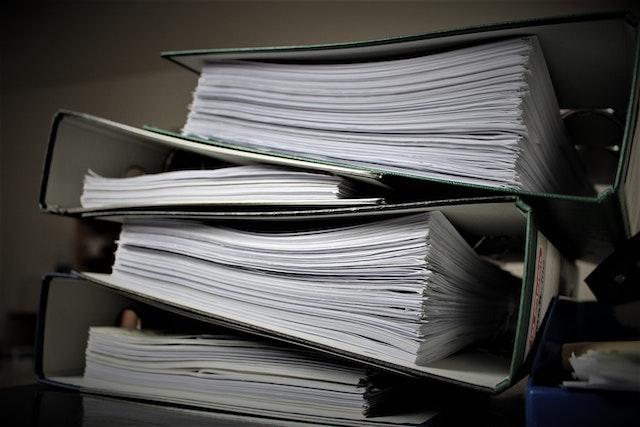When you meet with your divorce lawyer for the first time, you want to be sure that you are prepared for it. Part of that means bringing the right documents to that initial consultation. If you have the right information with you, that can make it easier for our Morris County, NJ divorce lawyers to begin assisting you.
What Documents Do I Need in My Initial Consultation With a Divorce Lawyer?
When you are getting ready to meet with your divorce attorney for the first time, we recommend gathering up all the documents that you might need beforehand. You may want to have the following paperwork organized and ready to go:
Your marriage certificate: You need to have legal proof of your marriage in order to file for divorce.
Income information: How much money you make and what kinds of assets you have is certainly going to factor into your divorce agreement. So bring along pay stubs, tax returns, bank statements, and anything else that can tell a divorce lawyer a bit more about your financial situation.
Paperwork relating to shared properties: If you and your spouse own anything together, like a home, you will want to include that in the paperwork you have prepared for this initial consultation.
Documents related to your business: If you have your own business, you should probably mention it now. Whether your spouse was involved in it or not, they could claim that your company was marital property. Your divorce lawyer can help you protect it.
What If I Started the Divorce Already?
If you started the divorce already, that is no problem. It is not that uncommon for someone to file a divorce or respond to a divorce before they talk to a lawyer. We can also help you if you started the process with another lawyer and decided to change your strategy. Just bring any paperwork related to the divorce to your initial consultation. Then we can begin working with you to figure out what you should do next.
Do I Need Evidence of My Spouse’s Wrongdoing?
When you have a specific reason for ending the marriage and evidence against your spouse, that can be used in divorce proceedings. Instead of a no-fault divorce, this would be considered a fault divorce. Accusing a spouse of a fault can affect how other agreements, like child custody or alimony, are made later.
When you plan to pursue a fault divorce, you have to show that you have grounds for it. So you would have to have evidence of something like domestic violence or infidelity. If you have that evidence, it is definitely something to hand over to your divorce attorney in the initial consultation.
Schedule Your Appointment With a Divorce Lawyer
When you are ready to move on to the next stage of this difficult process, contact Townsend, Tomaio & Newmark, LLC. We can set up your first appointment with an experienced divorce lawyer.













